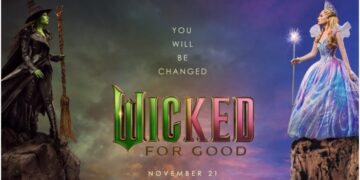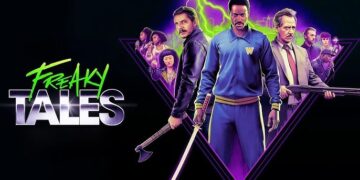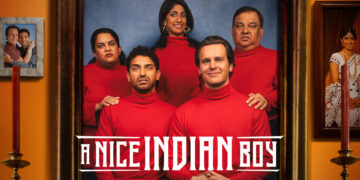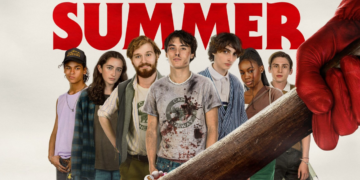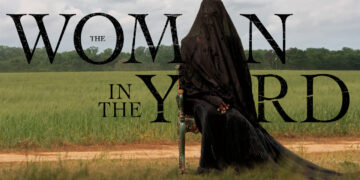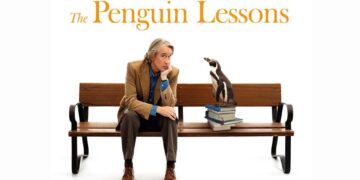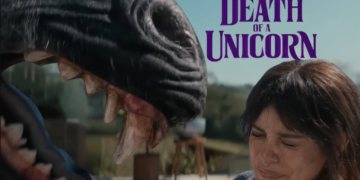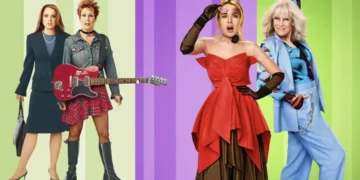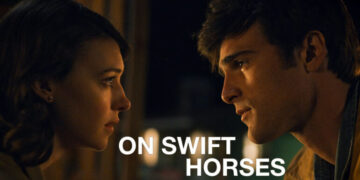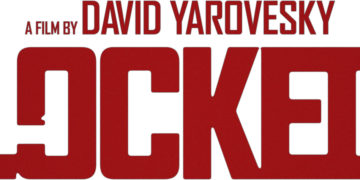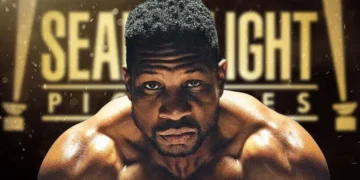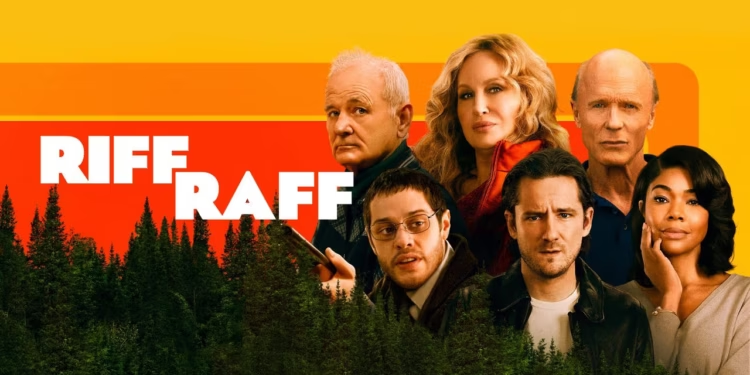The term “Riff Raff” is defined in the dictionary as “disreputable or undesirable people,” and director Dito Montiel, along with writer John Pollono, effectively brings this concept to life in their crime comedy, Riff Raff.
The story centers on Ed Harris as a ‘retired’ gangster attempting to live a peaceful life in a sprawling New England estate with his younger wife, played by Gabrielle Union, and her teenage son from a previous relationship. This quiet existence is upended when his estranged son from his criminal past—accompanied by his pregnant Italian girlfriend—appears at his doorstep, throwing Harris back into a world of crime. This sets in motion a chain of events that involves vengeance-seeking gangster Bill Murray and his ruthless sidekick, Pete Davidson. As secrets unravel and blood is spilled, the film’s chaotic tone is further exacerbated by the presence of Harris’s eccentric ex-wife, portrayed by Jennifer Coolidge.
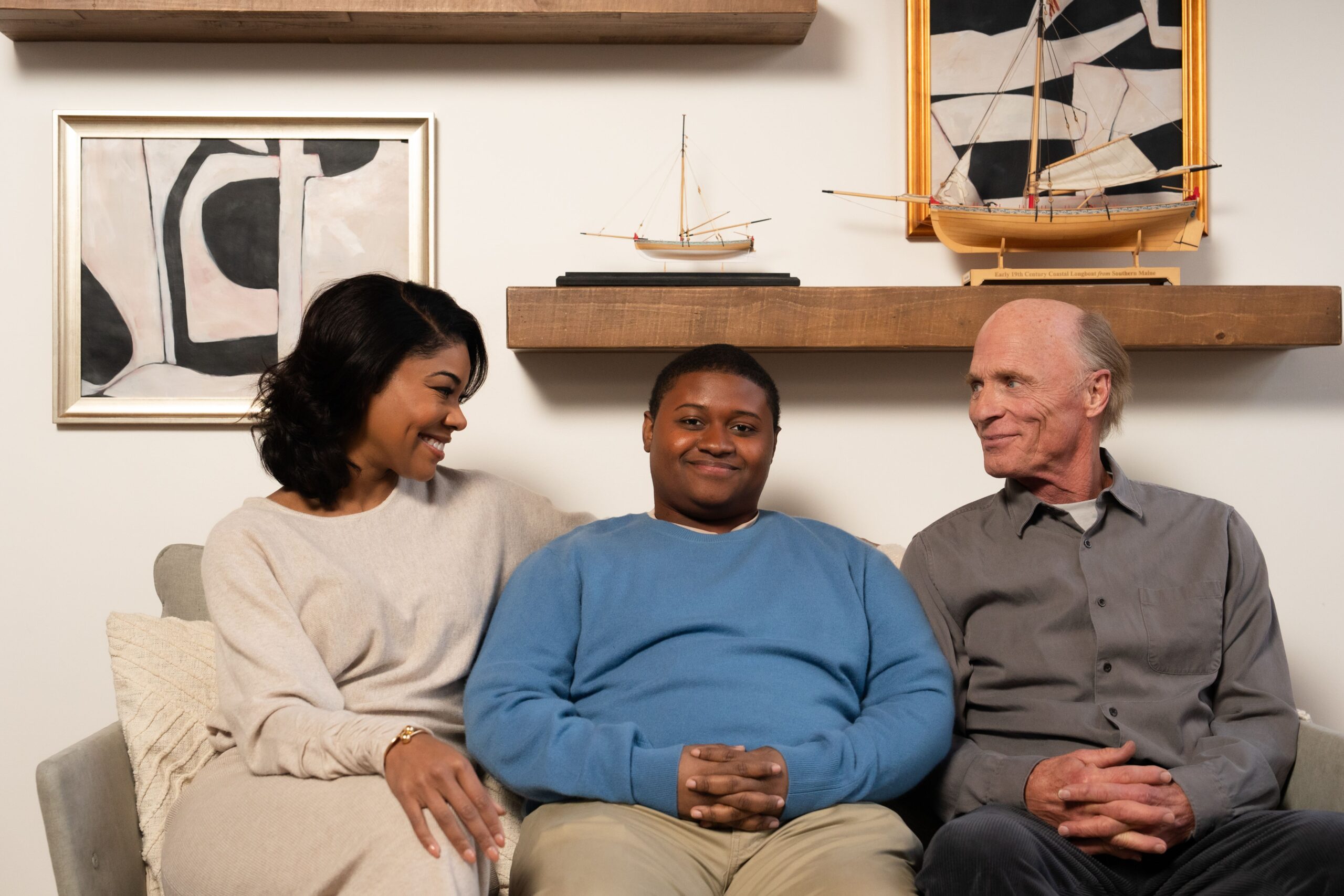
Despite its tonal missteps, Riff Raff benefits from an exceptional ensemble of A-list talent who are clearly eager to embrace the film’s chaotic energy. Ed Harris, Bill Murray, Jennifer Coolidge, Gabrielle Union, and Pete Davidson all bring their unique flair to the table, and their willingness to let loose and have fun with the script is evident throughout. Their commitment to the material—without taking themselves too seriously—adds a layer of charm to the film, making it more enjoyable to watch. It’s this infectious sense of spontaneity that carries the audience through the film’s more uneven moments, making you want to stick with it and see where their unpredictable journey leads.

Riff Raff is a series of long, awkward stretches where the tone fails to land, leaving many scenes feeling out of place. To its credit, the film does manage to find some coherence in its final moments, with the last 10 minutes offering a more engaging conclusion. However, this brief payoff is overshadowed by the lengthy, muddled narrative that precedes it.

